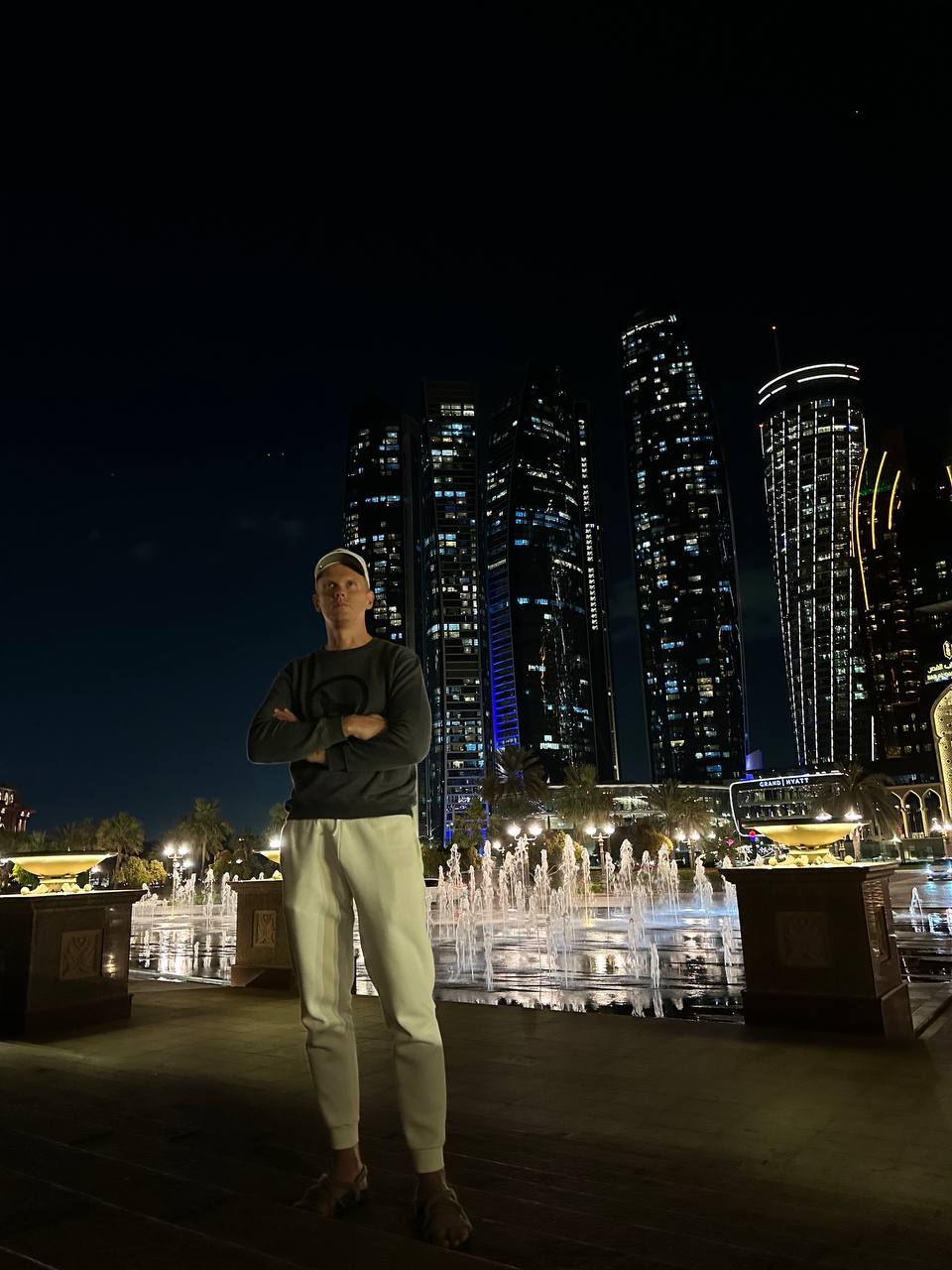Bringing worlds closer: how technology transforms our perception and mutual understanding
The world we live in is no longer the same as it was just a few decades ago. The development of the internet, artificial intelligence, aviation, and high-speed transportation systems has broken down old boundaries — geographic, linguistic, cultural. What once separated us now connects us. The planet is becoming a unified space where ideas, meanings, and people intersect faster than ever before.
Modern technologies have erased language barriers. Automatic translation and intelligent systems allow people from opposite sides of the world, speaking different languages, to communicate. What once required preparation and time now happens almost instantly. We are beginning to hear each other more clearly, to share thoughts and feelings directly, regardless of native language or location. This is more than convenience — it is a step toward genuine mutual understanding.
New forms of transport have changed our very sense of distance. A journey across continents no longer feels like a leap into the unknown — it has become part of everyday life. We are not just moving through space; we are living other cultures, touching other traditions, seeing in people who once seemed distant a living reflection of ourselves. And this gradually transforms us — expands our perception, makes us more attentive, more tolerant, more human.
The internet has opened doors to the knowledge of the entire world. What once was locked in libraries, universities, or confined to a particular culture is now available to anyone — instantly, with a single touch. We can study languages, traditions, philosophies, ways of thinking — all from home. This access to a diversity of perspectives doesn’t just make us informed — it teaches us to see more deeply, to move beyond judgment, to build dialogue.
Technology has shaped a new culture of collaboration. Today, projects created by people from different countries have become the norm. We are learning to work together without meeting in person, without dividing people by origin. This collaboration goes beyond economics or science — it generates new meanings where what matters is not only the result, but the contribution of each person involved.
Yet with this unity comes a new kind of responsibility. The convergence of worlds demands not only openness, but also respect for uniqueness. Technology merely creates opportunities — it is up to us to decide whether they will be used for dialogue or for pressure, for understanding or for judgment. The modern world requires maturity — the ability to listen without devaluing, to see difference not as a threat but as richness.
We live in an era of great transitions. Technology connects continents, languages, and perspectives. But above all, it connects people. This process of convergence does more than expand our boundaries — it brings us back to what matters most: that despite differences in culture, language, or habit, we are all connected. And in that connection lies the key to a future with more understanding, depth, and trust.
